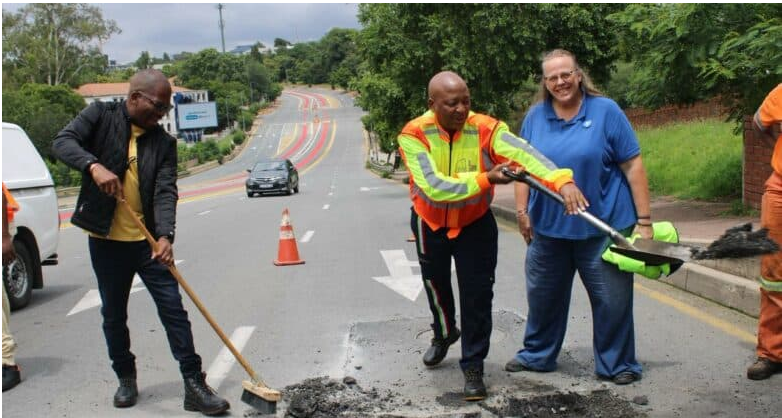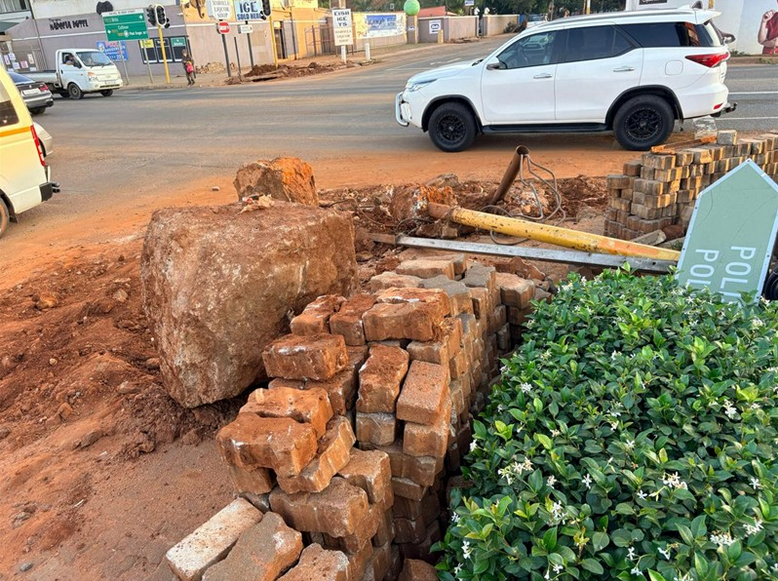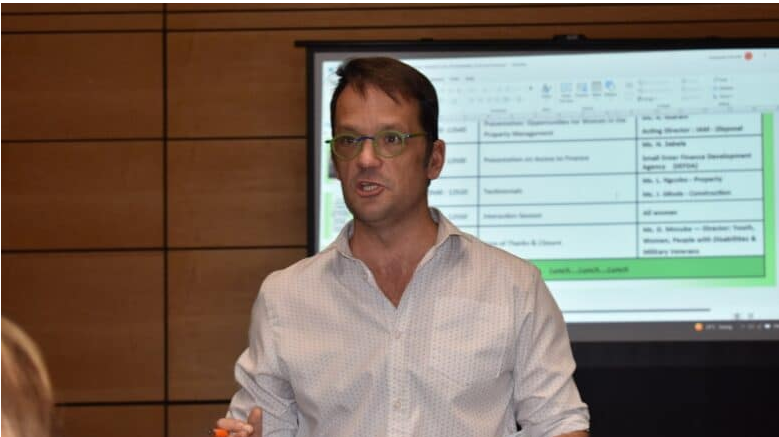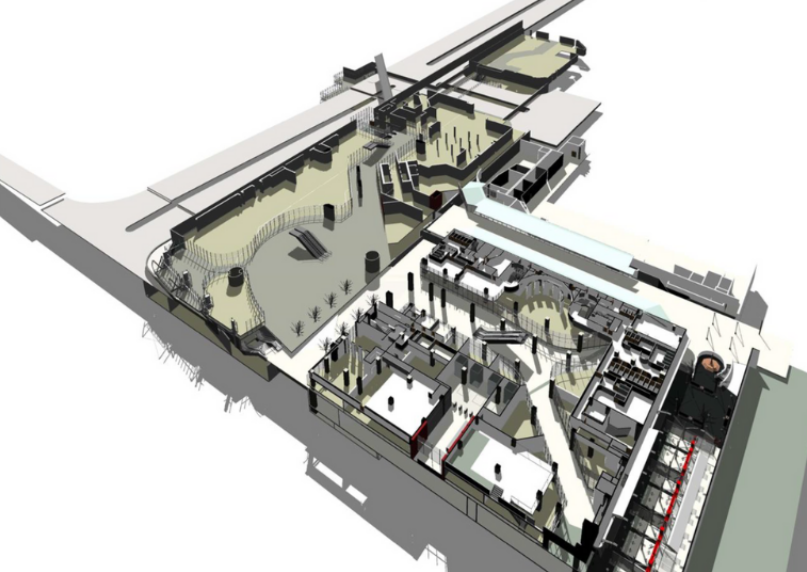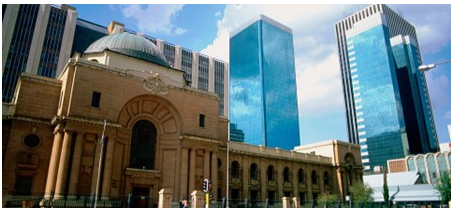KZN government unveils bold water master plan for province

Advertising
19-01-2021
Read : 479 times
IOL
Source
DURBAN - The KwaZulu-Natal government has unveiled a bold new water service rehabilitation master plan that focuses on finishing the construction of new dams, maintenance and rehabilitation of ageing infrastructure and improved revenue collection.
While experts welcomed the plan, one warned that should the plan fail, KZN would face a dire shortage of water similar to the Day Zero scenario experienced by the Western Cape two years ago.
The provincial water master plan was recently presented to the portfolio committee on local government as a work in progress.
“Lack of maintenance is our biggest service delivery problem. New infrastructure is being constructed while existing infrastructure is being neglected and becoming derelict, in essence increasing the backlog indirectly (regression),” says a report on the plan, which was presented by the national Department of Water and the provincial Co-operative Governance Department.
“We are using capital grant money today to refurbish what we built with capital grant money 10 years ago. We have not yet achieved the correct balance between capital works to eradicate backlogs and prevent ‘new’ backlogs through maintenance. Large grants exist to subsidise capital works, leaving virtually no subsidies to look after assets.”
While more than R5.6 billion is required for the maintenance of infrastructure, an additional R100 billion will be required to ensure a sustainable water supply over the next 10 years, the report says.
“Municipalities must put in place appropriate strategy plans to limit water losses through adequate planned and preventative maintenance of existing infrastructure, as well as the ability to respond through unplanned maintenance in the event of failures or breakages,” the report says.
Some municipal water losses are as high as 77%, which is a dire financial drain on local government, it says.
With the high cost of producing water, municipalities are unable to generate revenues, and cost cannot be recovered.
A “no pay – no water” principle is recommended even with government departments, who owe municipalities hefty amounts of money in water and electricity service delivery costs.
In August last year, the KZN cabinet revealed that municipalities were jointly owed a staggering R1.7 billion by the provincial government.
While the DA proposes a review of current legislation as an intervention, the report refutes this, but instead points to weak governance at municipal level as being the root cause of poor performance.
“In general, municipalities are currently not exhibiting the traits of financially sustainable entities. Revenues are highly dependent on external transfers from government and donation, with some entities with ratios as high as 80%,” says the report.
“No matter the viewpoint, most (entities on the municipal space in the province) still face a significant backlog challenge in water supply, not only with providing all consumers in their relevant area of jurisdiction with access to water supply according to the respective legislations, but also in ensuring sustainable water services of existing supply.”
In reaction, Prof Mike Muller, of the Wits School of Governance, said: “If KZN wants to avoid a Cape Town-style ’Day Zero’ in eThekwini and Msunduzi, the KZN government must work with the national Department of Water to speed-up construction of the new dam on the Mkhomazi River to increase supplies.”
In terms of the plan, once completely developed the Mkhomazi project will be the largest water transfer scheme in South Africa at an estimated total cost of R23 billion.
“Municipalities must also use their budgets properly. Most KZN municipalities are not spending enough on operation and maintenance even though they get money from the national government’s equitable share of revenue,” said Muller.
Welcoming the development of the plan as a foresight, the former director-general of Water Affairs and Forestry (1997-2005) said operation and maintenance ought to be a priority.
Prof Anthony Turton of the Centre for Environmental management at the Free State university welcomed the plan as being well-researched and well-presented, but said it omitted to focus on critical areas.
“The reality is that South Africa ran out of surface water in 2002. Now we are talking about major budget on building dams, where there is no resource available, along with the challenge of climate change,” he said.
“We need to start creating new water, from desalination or recovering water from waste. What surprises me is that eThekwini has been the leader in recovering water from waste. We are also the leader in KZN in mixing wastewater and sea water. This is what we need to capitalise on since the engineering has been done in KZN.
“In the face of a fiscal cliff with insufficient revenue, the allocation of financial resources under these conditions of weak governance, absence of oversight, absence of independent regulator in my view represents a mismatching capacity, because we are creating a perfect storm of a massive plunder of increasingly scarce resources in the country,” Turton said.
Chris Pappas, the DA’s KZN spokesperson on local government, said whereas the Western Cape situation was exacerbated by three consecutive years of anaemic rainfall, for KZN there were a number of concerning issues that needed urgent attention to avoid “a catastrophe of epic proportions” in the province.
“We have already seen the devastating effects that poor water management can have, through the ongoing Ugu water crises. This situation must be stopped from repeating itself across our province,” Pappas said.
“The DA believes that by ensuring good governance, accountability and consequence management, a future water crisis can be averted. Funding must be made available to achieve the master plan and legislation must be amended to make local and district municipalities more responsive to the demands of the master plan,” he said.
The plan has been presented to the cabinet lekgotla and is yet to be developed further by Premier Sihle Zikalala and Water and Sanitation Minister Lindiwe Sisulu.
The Mercury
Recent News
Here are recent news articles from the Building and Construction Industry.
Have you signed up for your free copy yet?
